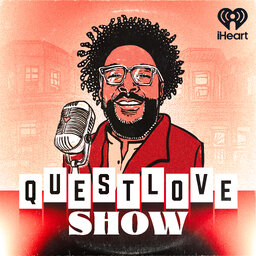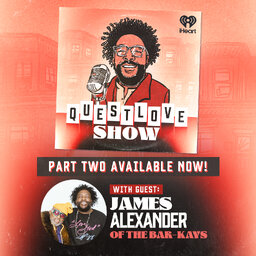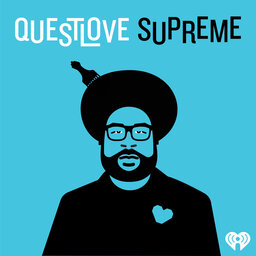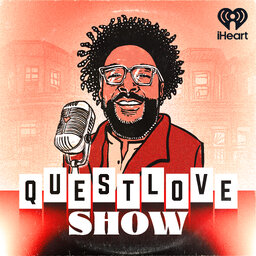Black Music Month QLS Classic: Philip Bailey
Seven-time Grammy award-winning musician Philip Bailey discusses his journey from Denver’s jazz clubs to playing with Earth, Wind & Fire to the Songwriter Hall of Fame.
In 1 playlist(s)
The Questlove Show
The Questlove Show builds on the award-winning Questlove Supreme podcast, bringing listeners into in…Social links
Follow podcast
Recent clips

BONUS: James Alexander on The Bar-Kays' Rivalry With Cameo
09:18

James Alexander of The Bar-Kays Part 2
1:01:04

QLS Classic: Michelle Obama
29:11
 The Questlove Show
The Questlove Show